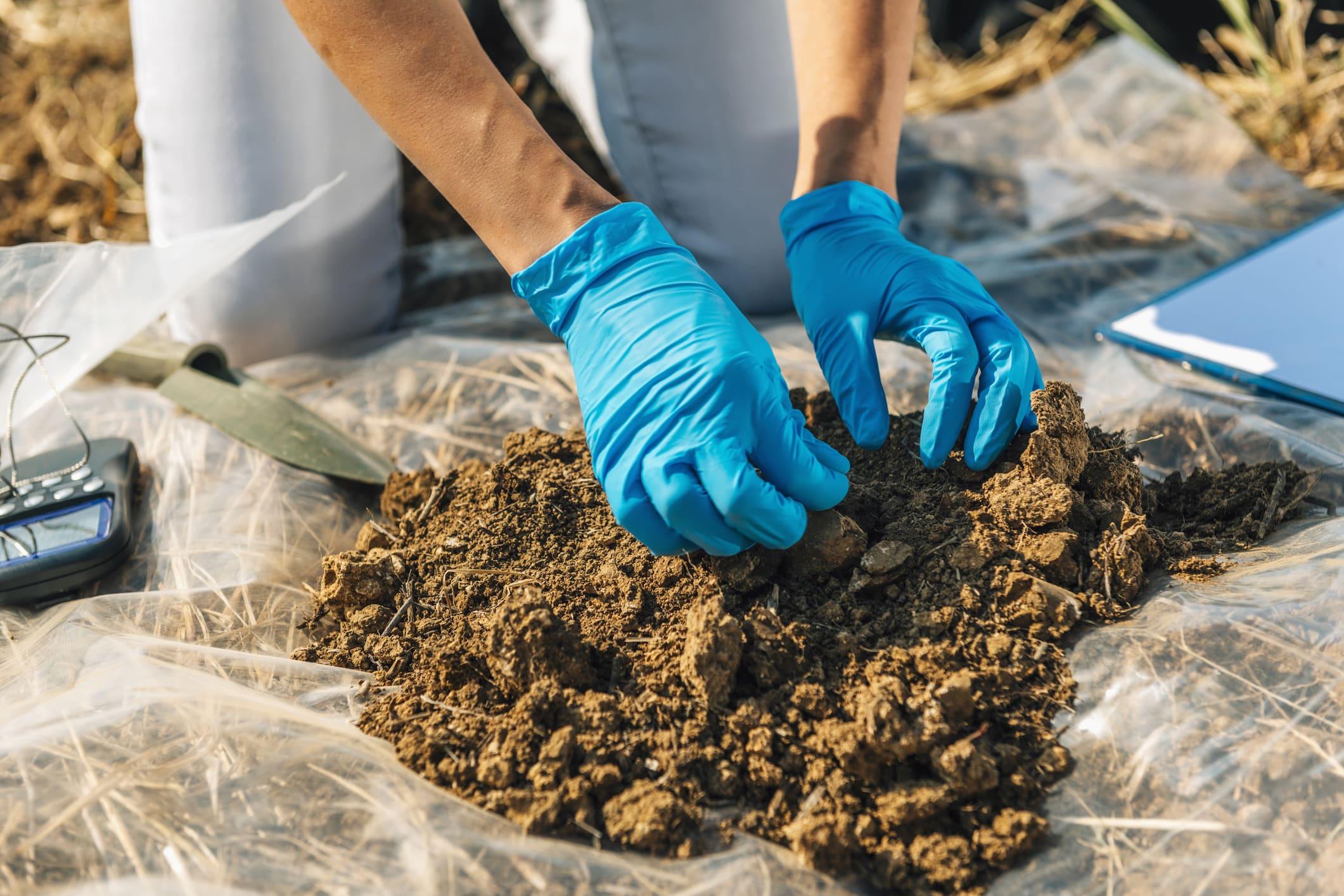For homeowners in Southampton, managing soil waste might not be at the top of your to-do list, but it’s a crucial aspect of maintaining your property. From ensuring environmental protection to preventing costly problems down the line, soil waste removal is more important than you might think. In this comprehensive guide, we’ll explore why soil waste removal is essential for Southampton homeowners and how it can benefit your property and community.
Understanding Soil Waste
Soil waste refers to soil that is removed or displaced during construction, landscaping, or excavation activities. This can include topsoil, subsoil, clay, and other materials. Soil waste management is essential for various reasons, including environmental protection, compliance with regulations, and ensuring the long-term health of your property.
Why Soil Waste Removal Matters
- Environmental Protection
One of the most critical reasons for soil waste removal is environmental protection. Improperly managed soil waste can lead to environmental issues such as:- Contamination: Soil can sometimes be contaminated with pollutants or hazardous materials. If not disposed of correctly, these contaminants can leach into groundwater or be spread to other areas, posing risks to both the environment and human health.
- Erosion: Unmanaged soil piles can cause erosion, leading to sediment runoff into nearby waterways. This can result in water pollution and damage to local ecosystems.
- Habitat Disruption: Excess soil can disrupt local habitats and affect wildlife. Proper management helps minimize these impacts and supports biodiversity.
- Regulatory Compliance
In Southampton, like many other areas, there are strict regulations regarding soil waste disposal. Ensuring compliance with these regulations is crucial for avoiding legal issues and potential fines. Regulations often cover:- Permits and Documentation: Certain projects may require permits for soil removal. Proper documentation helps ensure that you are following legal guidelines.
- Disposal Methods: Regulations specify how soil should be disposed of, including where it can be taken and how it should be handled. Non-compliance can result in penalties and complications.
- Preventing Property Issues
Effective soil waste removal is essential for preventing various property-related issues:- Foundation Stability: Excess or improperly managed soil can impact the stability of your property’s foundation. For example, soil erosion can undermine the foundation, leading to structural problems.
- Drainage Problems: Soil piles can obstruct proper drainage, leading to water pooling and potential flooding issues. This can cause damage to your property and landscaping.
- Aesthetic Impact: Unmanaged soil waste can be unsightly and affect the overall appearance of your property. Proper removal helps maintain the visual appeal of your home and garden.
- Maintaining Property Value
Keeping your property well-maintained, including managing soil waste, helps preserve its value. Potential buyers are likely to be put off by unsightly or poorly managed soil waste, which can impact the marketability of your property. Proper soil waste removal helps ensure your property remains attractive and valuable. - Supporting Local Community
By managing soil waste responsibly, you contribute to the well-being of your local community. Proper disposal and recycling of soil waste help reduce environmental impacts and support community efforts to maintain clean and safe spaces. This fosters a healthier environment for everyone.
How to Manage Soil Waste Removal Effectively
- Hire a Professional Service
For most homeowners, the best approach to soil waste removal is to hire a professional service. A reliable soil waste removal service in Southampton can help you manage the process efficiently, ensuring compliance with regulations and minimizing environmental impacts. Look for services with:- Experience and Expertise: Choose a company with a track record of handling soil waste removal effectively. Experienced professionals will be familiar with local regulations and best practices.
- Proper Equipment: Ensure the service uses modern equipment for efficient and safe soil removal.
- Reputation: Check reviews and testimonials to ensure the company has a good reputation among other Southampton homeowners.
- Understand Local Regulations
Familiarize yourself with local regulations regarding soil waste removal. This includes understanding what permits are required, how soil should be disposed of, and any restrictions on where soil can be taken. Your chosen service provider can also guide you in navigating these regulations. - Plan for Future Projects
If you’re planning a construction or landscaping project, consider soil waste management as part of your overall project plan. This includes budgeting for soil removal, scheduling the work, and ensuring that you have the necessary permits in place. - Recycle When Possible
Whenever possible, look for options to recycle or reuse soil. Recycled soil can be used for landscaping or other purposes, reducing the amount of waste that needs to be disposed of. Many professional services offer recycling options for soil waste.
Conclusion
For Southampton homeowners, soil waste removal is not just about clearing away excess dirt—it’s a vital aspect of property maintenance and environmental stewardship. By understanding the importance of soil waste management, hiring professional services, and adhering to local regulations, you can ensure that your property remains safe, attractive, and compliant with the law.
For those looking to get started, a quick search for soil waste removal Southampton will connect you with local experts who can assist with all your soil waste management needs. By taking these steps, you’ll contribute to a cleaner environment and a well-maintained property, ultimately benefiting both your home and the community.

